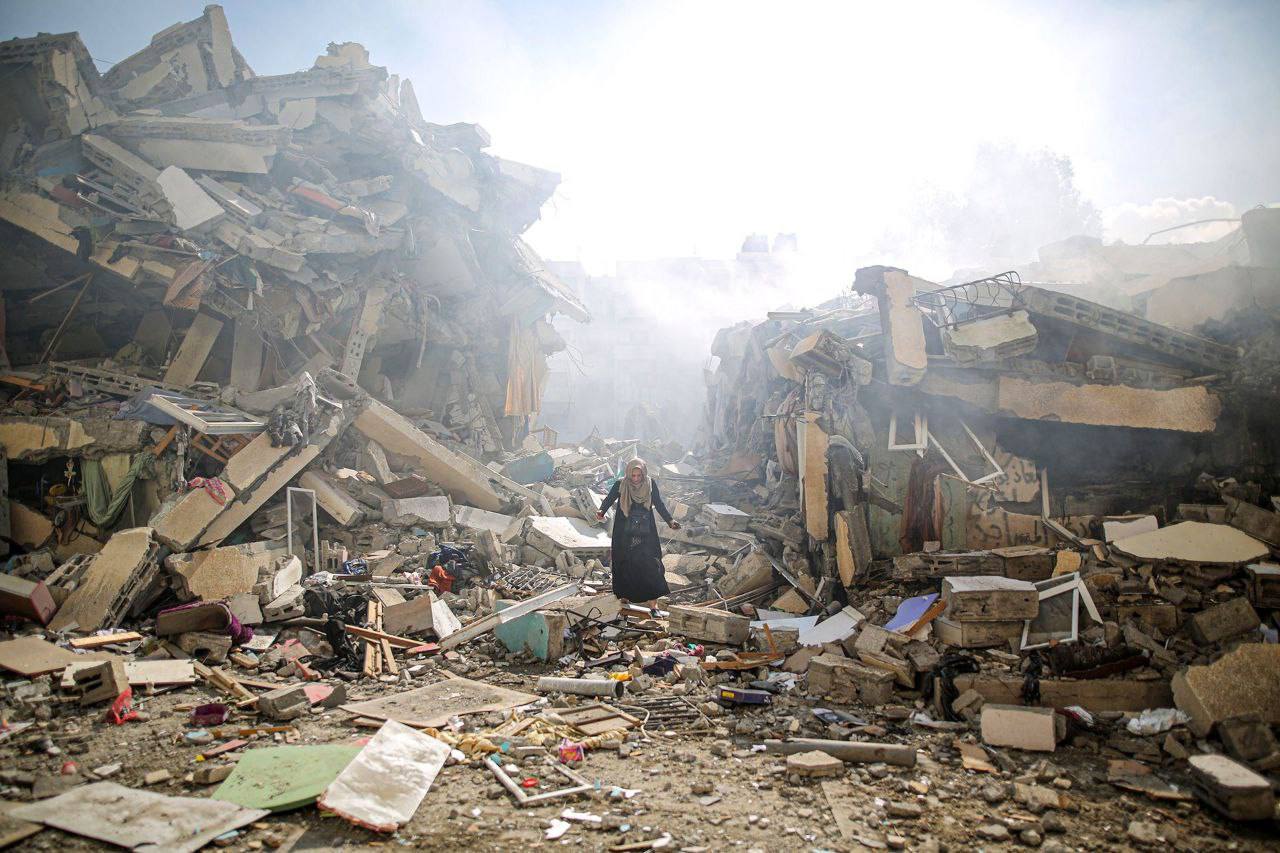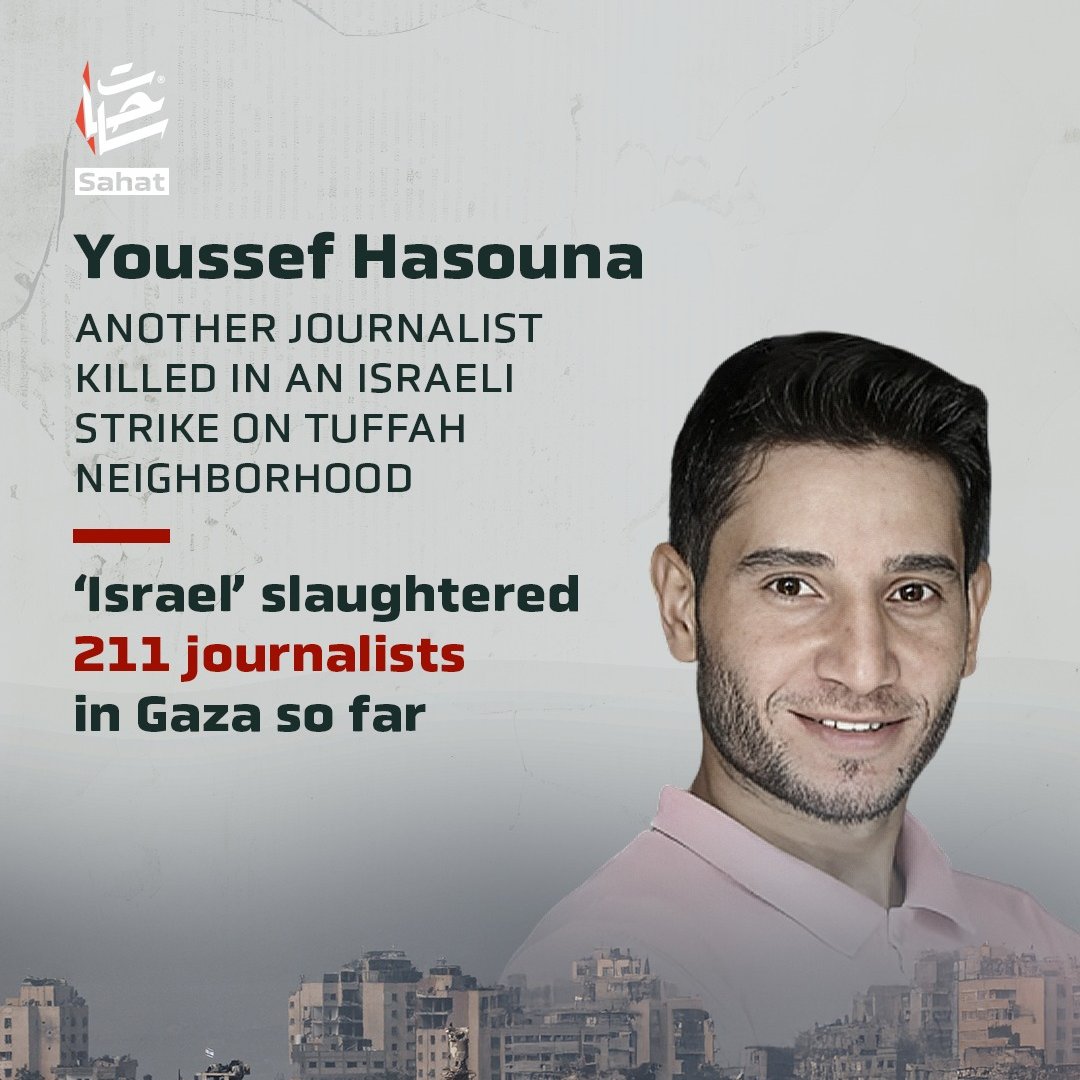Can Arab States Stop The Israeli Genocide?
Neither the Israeli war nor the ethnic cleansing of Gaza will ever stop if there is no forceful, determined intervention from the outside.
And primarily this intervention has to come from the Arab countries and the pan-Arab nation as a whole: If these states – so-called Arab brethren and Islamic affiliates bound by common language and culture – don’t stand up and say ‘no’ to Netanyahu’s bloody war on Gaza, now in its 15th month, the ethnic cleansing, devastation, destruction and possibly the near and future displacement of the Palestinian people will continue to be hummed.
No bland utterances
Arab countries, from the far-west to the center and all the way to the east must move beyond bland utterances and condemnations of the mindless bloody Israeli military actions on Gaza that has so far resulted in the killing of more than 50,000 people, internally displaced more than 2 million of the population with 14,000 dead yet to be recovered from under the millions-of-tons of rubble that needs years to clear out.
As well, and further stated by Palestinian activist Dr Mustafa Al Barghouti, Arab states have to now develop at least a two-pronged strategy to drive the message across that they will not stand ideally by and watch the Palestinian people of Gaza being massacred and driven to smithereens.
Arab countries, and incidentally this should have been done a long time ago, which have normalized with Israel must freeze their diplomatic relations with the Zionist entity. Their leaders must say to Prime Minister Benjamin Netanyahu that relations will remain cut and frozen and that no further relations will take place, until he ends the Israeli war on Gaza and from now on, its back to the “bad old days” of a black Cold War between the Arab countries and Israel.
The message needs to be loud and made crystal clear by Arab leaders for Netanyahu and his extremist government and military men to stop the carnage, killing and mayhem that is being created in Gaza and its people.
Determined Arabs
It is only through such a determined approach that will force the Israeli government, its leaders and ministers to sit, think and possibly review their slaughter of the Gaza enclave. At the very least, they would be forced to put the “brakes on” to their “happy attitude” of committing their atrocious massacres carried out almost daily since 7 October, 2023.
What is needed is a credible deterrence with those in power moving beyond their pedestals and high chairs and plush stages and put words and action together for the Arab world is nowhere as helpless on this issue as it is being projected.
All of the 22 Arab countries have now a real opportunity to stop the Gaza massacres through the new American president at the White House Donald Trump. He forced Netanyahu’s hand for a temporary ceasefire starting 19th January, 2025 which continued for almost two months and he can do it again if he wanted to and/or forced to. At the moment there is no political will.
Effective tool
Despite the present-relaunching of the war on 19 March, basically through an American green-light, Arab countries can have an effective and meaningful role if they choose to. After all, Trump soon backed down when he first suggested that the USA take over Gaza and turn it a Middle East Riviera whilst displacing its people to neighboring countries such as Jordan and Egypt.
He soon retreated from pursuing such an idea especially when Arab capitals such as Cairo, Amman, Riyadh, Algiers, Beirut, Kuwait, Doha, Muscat and Abu Dhabi condemned such a move with Netanyahu even having the audacity to say Palestinians can have their state in Saudi Arabia. Trump’s Riviera idea soon became bogged down but Israel shortly after, restarted its war on Gaza, again with the blessing of the US administration.
But here again, and today the Arab countries, can make their move. The USA has vital, strategic, economic and political interests in the world and these can be used in different ways to persuade Washington to pressure Tel Aviv to back down on Gaza, other than promising to continue its bloody onslaught on ordinary Palestinians in Gaza with the hope of getting rid of Hamas and which according to their calculations they can’t beat until 2027 and/or whenever.
Netanyahu must be made to stop! He is not doing so because of the ongoing military supplies and backing from the United States and from the muted Arab response which have to go beyond condemnation and denunciations. Arab states have the tools at their disposal, it is time for these to be uses effectively otherwise the Israeli genocide will continue and expand.
This comment is written by Dr Marwan Asmar, chief editor of the crossfirearabia.com website.


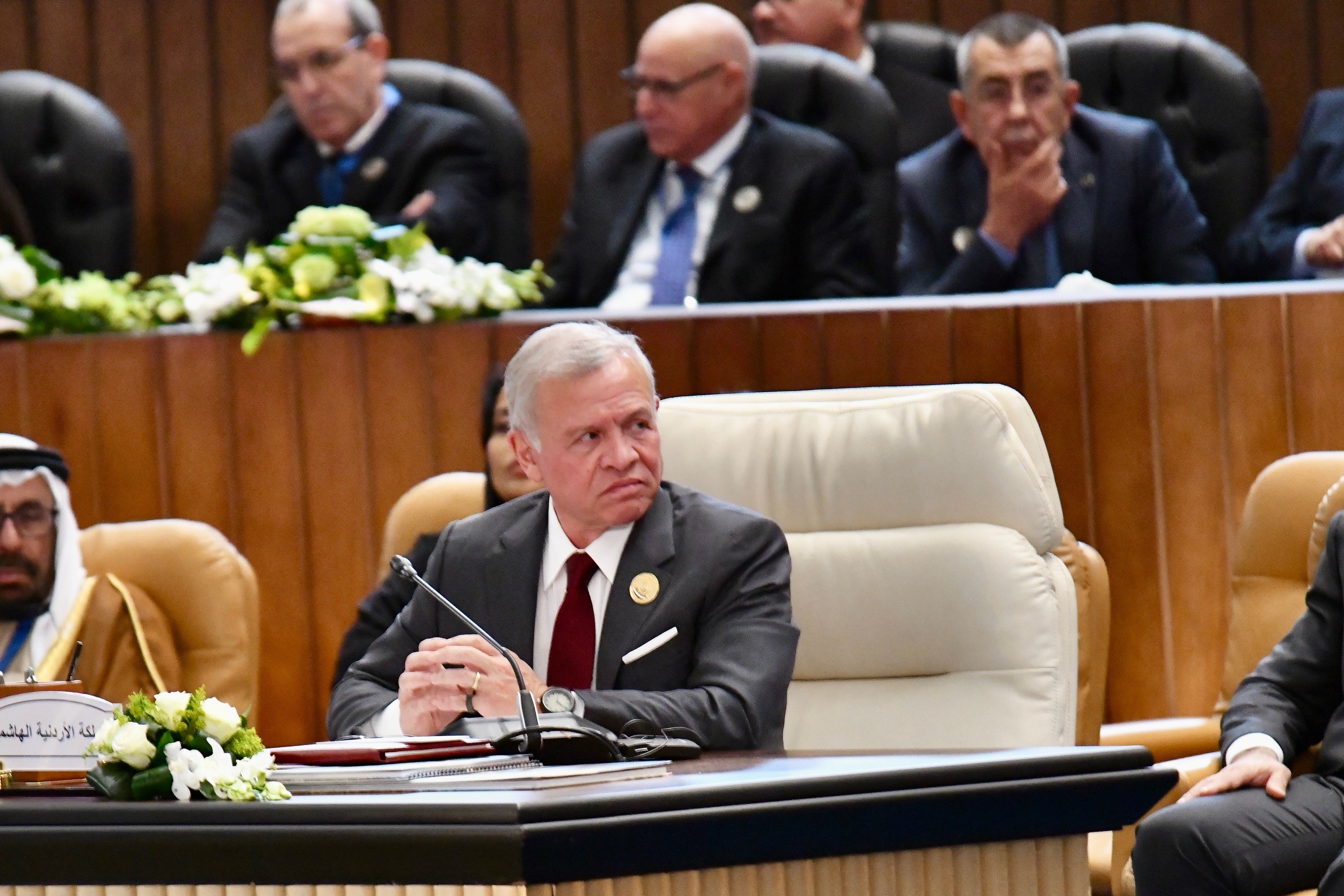
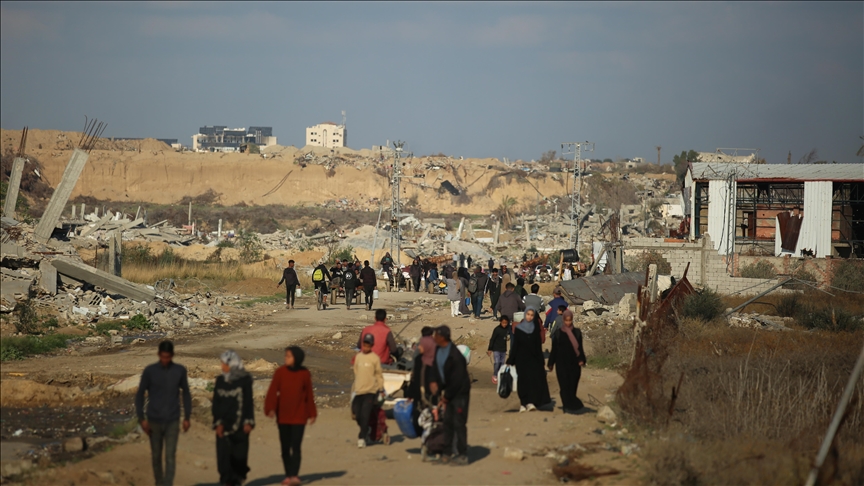
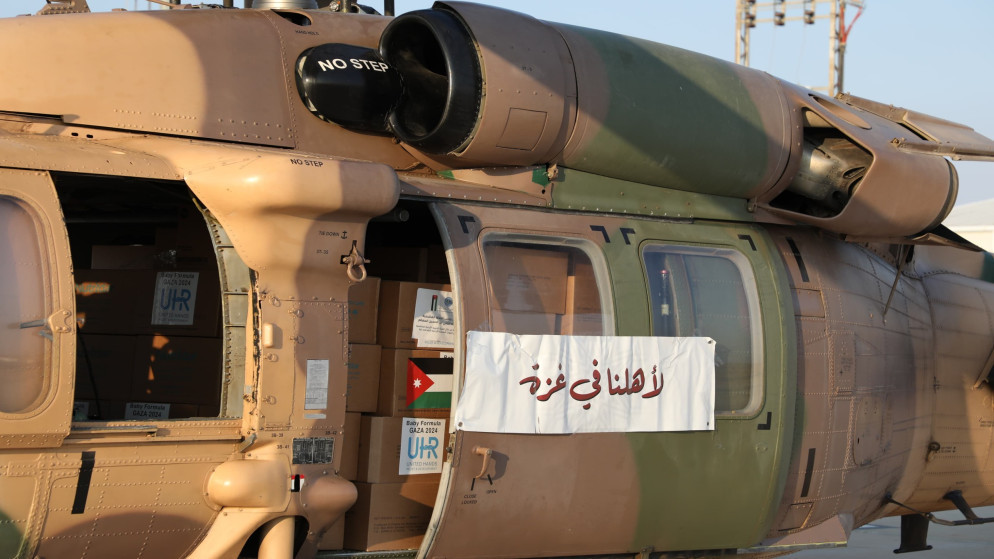
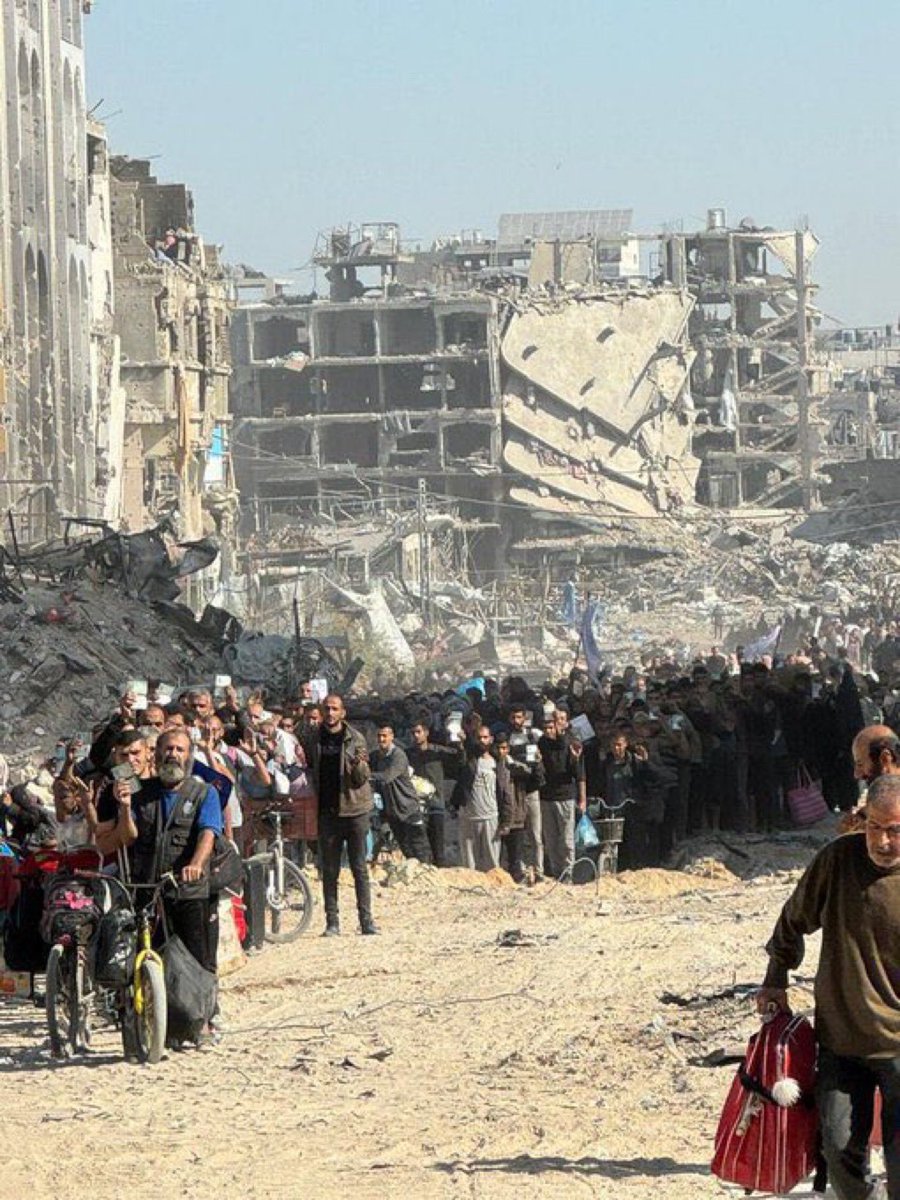

 Jordan rejects Trump's initiative to relocate Palestinians from Gaza to neighboring countries, — DW
Jordan rejects Trump's initiative to relocate Palestinians from Gaza to neighboring countries, — DW
